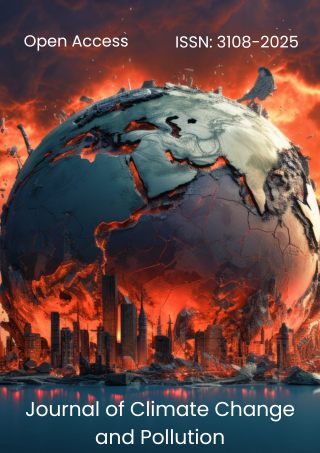Climate Challenges and Sustainability
The escalating challenges of climate change rising global temperatures, extreme weather events, sea-level rise, and ecosystem degradation—pose significant threats to both natural systems and human development. These climate-driven disruptions undermine food security, water availability, public health, and economic stability, disproportionately affecting vulnerable populations and low-income regions. Achieving sustainability in this context requires urgent, coordinated action to reduce greenhouse gas emissions, transition to renewable energy, and adopt climate-resilient infrastructure and land-use practices. Sustainability also entails rethinking consumption patterns, fostering circular economies, and protecting biodiversity to ensure the planet’s capacity to support future generations. Integrated climate and sustainability strategies anchored in science, equity, and innovation are essential for building resilient societies and maintaining ecological balance. As we confront the climate crisis, embedding sustainability into every level of decision-making becomes both a moral imperative and a pathway to long-term planetary health.
Article Processing Timeline
| 2-5 Days | Initial Quality & Plagiarism Check |
| 15 Days |
Peer Review Feedback |
| 85% | Acceptance Rate (after peer review) |
| 30-45 Days | Total article processing time |
Journal Flyer


